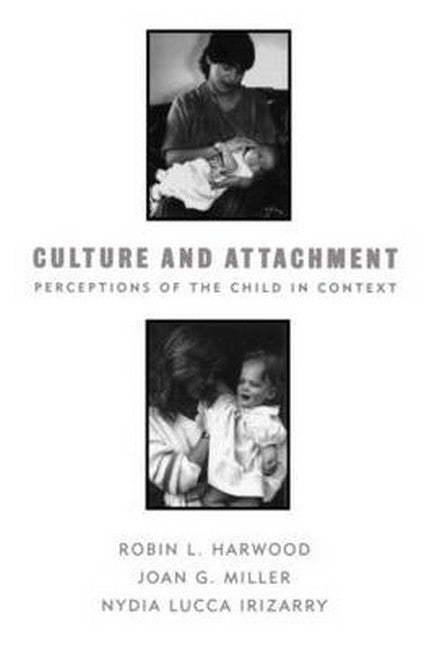Bridging the fields of culture and attachement, this book seeks to illuminate the relationship between the fields in two ways: It examines attachment from the perspective of culture, and then evaluates two different cultures (Anglo and Puerto Rican) from the vantage point of mothers perceptions of attachment behaviour. In doing so the volume aims to help interpret the results of cross-cultural attachment studies. The authors use qualitative and quantitative methods to provide an in-depth view of desirable child behaviour and long-term socialization goals among Anglo and Puerto Rican mothers of infants and toddlers. The volume also explores cultural differences in the perception by these mothers of what contitutes a "good child". Drawing on research, the authors discuss the mental health meanings of certain behaviours in the context of larger environmental demands. This book examines the conditions under which socio-emotional functioning in infancy, as indexed by quality of attachment, can be said to predict the development of later social and emotional competence.

